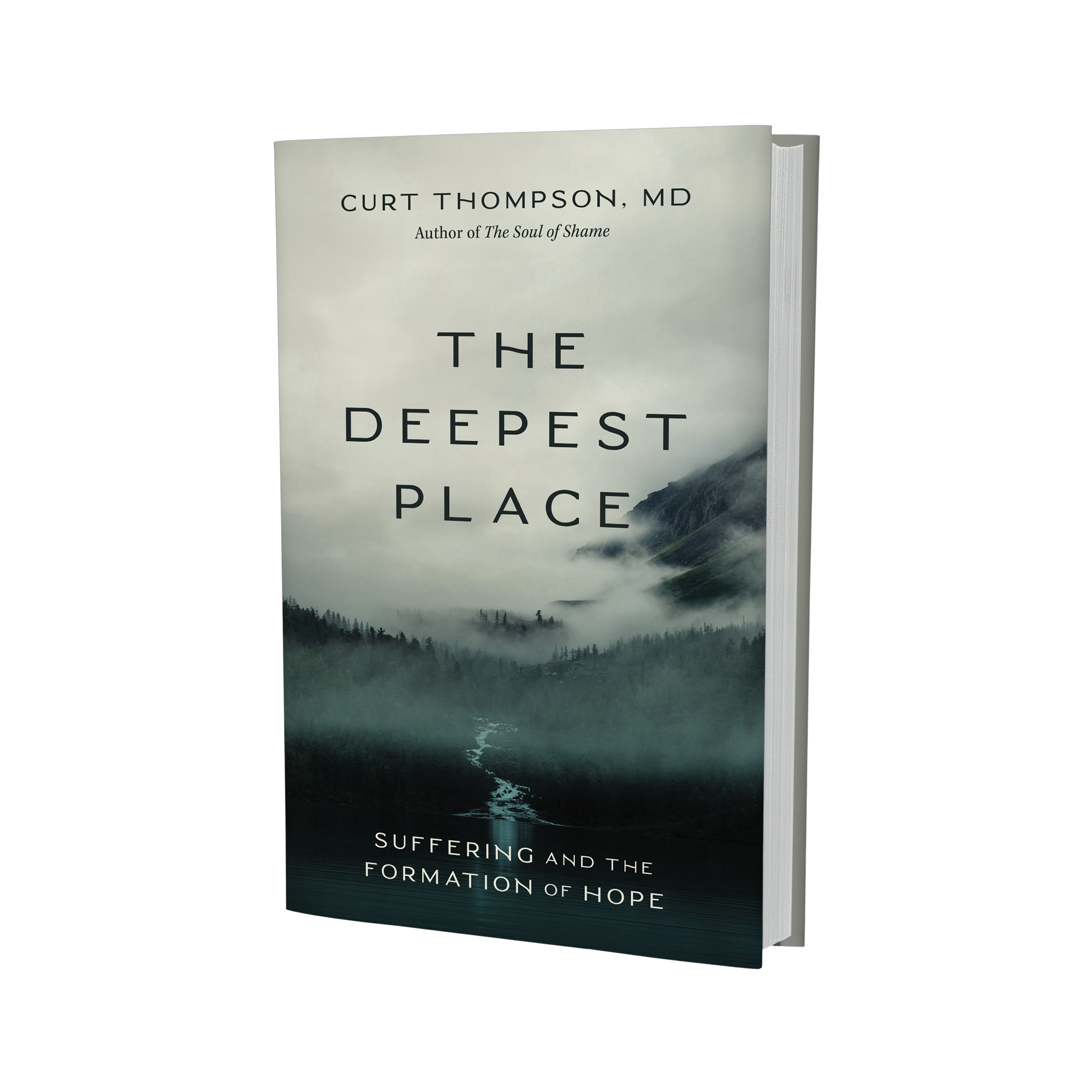The Holy Blood Altar
To begin your reflection and a genuine encounter with yourself, simply follow the steps below.
Step 1
As you view, listen to, read, or practice what is offered, I invite you to progressively and closely attune to what you Sense, Image, Feel, Think and how you are moved to Behave (you can recall these activities of the mind via the acronym SIFT-B). These five features are a simplified summary of what your mind is continually doing as you “tell” your story by living it. Attuning to them enables you to attain a clearer awareness of where you are—and provides flexibility to shift your attention to where you want to be. You can wrap up the reflection here, having refocused your attention in a way that has been helpful, or move on to the next steps.
Step 2
After the exercise is completed, take a few moments to handwrite your reflections to the following questions.
Question 1
What did you find yourself sensing, imaging, feeling, thinking, and how did you feel moved to behave (SIFT-B)?
Question 2
How did those features of your mind (SIFT-B) shift during your encounter?
Question 3
What in particular about the reading, painting or music has captured your attention?
Question 4
To what is your attention drawn related to your current life experience? Related to important events and relationships from the first two decades of your life?
Question 5
In what, if any way do you notice the presence and activity of shame?
Question 6
What do you find yourself longing for? For instance, where does your experience point to parts of your story in which you long for healing? For renewed relationships? To be more resilient, loving, kind, and able to set more effective boundaries? Something else?
Step 3
Consider someone you trust with whom you would be willing to share your experience. This would be someone who is interested in your story and will listen with empathy and curiosity. Arrange for a time to tell them your story and note how sharing it may change your experience of it.
To Keep In Mind
This exercise is intended to help you practice paying attention to those elements of your mind’s activity that make up the story you are telling, and as a result enable you to tell it more truly. We cannot correct our course without knowing what course we’re on. It is important to understand these reflections are not designed to make you feel or think anything in particular. There is no right response you “should” have; every answer is viable and valuable for self reflection. God is quite intent upon using all of your experiences to draw you into the beauty and goodness that your story is intended to become.

